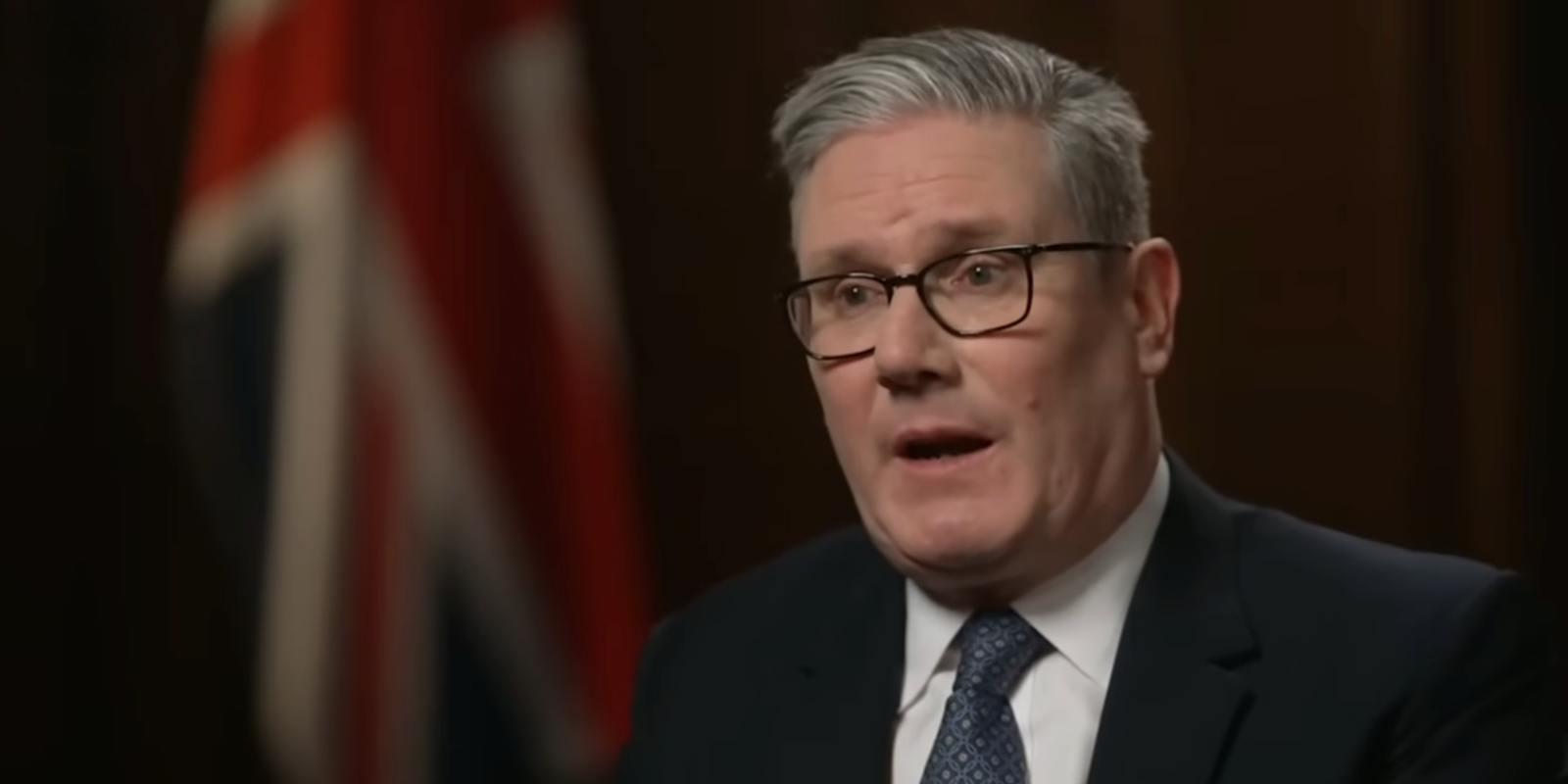This article originally appeared on heartland.org.
Businesses such as Airbnb and Uber, which directly connect consumers and service providers without the need for middlemen, are empowering consumers and creating a self-regulating economy, a recent study from the Mercatus Center at George Mason University has found.
By allowing ???underutilized assets or ???dead capital??? to be put to more productive use,??? the authors explain, the sharing economy improves ???consumer welfare by offering new innovations, more choices, more service differentiation, better prices, and higher-quality services.???
Outmoded and Redundant Regulations
An obstacle to the sharing economy, the authors found, is the application of ???older regulatory regimes on these new services without much thought about whether they are still necessary to protect consumer welfare.???
???Under the traditional ???public interest theory??? of regulation, regulation is sought to protect consumers from externalities, inadequate competition, price gouging, asymmetric information, unequal bargaining power, and a host of other perceived ???market failures,?????? they write.
???The sharing economy means we???re using our resources more intensely,??? Johnson and Wales University assistant professor Adam C. Smith said. ???We???re using our resources more intensely than we ever have, because we have these transaction-cost-reducing technologies, like smartphone apps and so forth. All of that can only come through a decentralized network of people???consumers and producers???coming together.
???You wouldn???t normally think, ???Oh, what am I going to do with my car if I???m not using it???? or ???What am I going to do with my apartment or my kitchen???? Well, it turns out that now we can communicate and transact with one another, allowing us to use those otherwise dormant resources,??? he added.
Recommends Patience
Instead of trying to stop the sharing economy, Smith said regulators should adopt a wait-and-see attitude toward this new kind of business.
???Regulations need to deal with that accordingly, rather than thinking of this as some kind of abnormal aspect of the marketplace that needs to be stomped out,??? he said.
The role of disruption and innovation in the free market is similar to the ecological role played by fire, Smith said.
??????Forest fires are bad; we all know forest fires are bad???; that???s what Smokey the Bear tells us, right? Actually, forest fires are a necessary part of increasing the longevity and health of a forest. Fire pares back overgrowth; it???s how the forest naturally regulates itself.???
Alexander Anton ([email protected]) writes from Palatine, Illinois.





